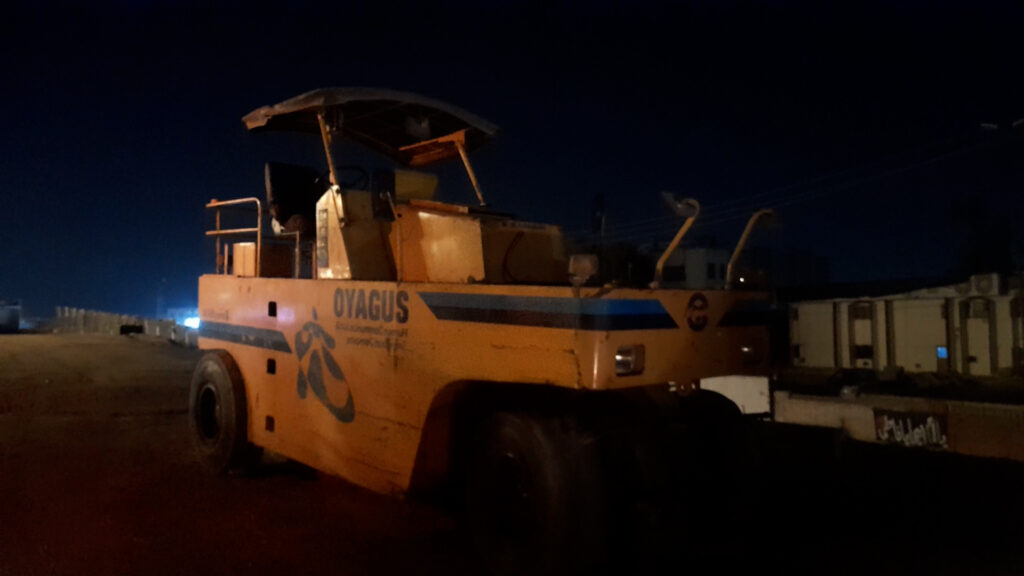Water issues at Iraq’s giant southern oil fields could hamper output boost: BOC

Water problems at Iraq’s mega southern oil fields operated by international oil companies may hamper the country’s ability to pump more crude from the key region in OPEC’s second-biggest producer, a senior manager at state-owned Basra Oil Co. told S&P Global Platts on Feb. 3.
Currently, southern fields operated by BOC and international oil companies are producing around 2.95 million b/d, down from 3.3-3.5 million b/d prior to the historic OPEC+ production curbs imposed in 2020 with the onset of the global pandemic, BOC Deputy Director General Ahmed Adhem said in an interview.
“All fields are able to produce more than current levels, but the big problem is the action undertaken to reduce production due to OPEC limits,” said Adhem. “There is a problem with regards to increasing production due to water injection issues. The biggest problem is the availability of water injection. The water injection capacity is currently 4 million water barrels per day, but it is not enough.”
Iraq pumped 4.162 million b/d of oil in January, down 1.5% from 4.225 million b/d in December, according to State Oil Marketing Organization figures seen by Platts.
The January production figure is below Iraq’s OPEC+ quota of 4.281 million b/d for that month. Iraq’s February quota is 4.325 million b/d.
Iraq’s federal oil exports, excluding flows from the semi-autonomous Kurdistan region, fell more than 2% to 3.203 million b/d in January from December, the oil ministry said Feb. 1, despite a higher OPEC+ quota for the month. The fall in southern oil exports, which form the majority of federal flows, was mainly due to bad weather at southern oil export facilities.
Rolling back cuts
Convening every month, OPEC, Russia and several other allies have been gradually rolling back the record production cuts they instated when the market crashed in the spring of 2020, and the producer grouping hopes to regain its pre-pandemic output levels by late 2022.
Iraq’s water issues are likely to complicate the ability of OPEC+ to meet its increased oil production ceiling, which has been rising by 400,000 b/d per month since August 2021, although several members have been unable to meet their quotas due to various domestic issues.
Fears over the 23-member coalition’s waning spare capacity are likely to push oil prices to an even steeper rally after breaking a seven-year high of $90/b on concerns of tight supply and geopolitical market risks. Platts assessed Dated Brent at $93.46/b on Feb. 3, up by 1.7% on the day.
OPEC and its allies on Feb. 2 decided to persist with another modest 400,000 b/d hike in crude production quotas for March.
The OPEC+ alliance, which will next meet on March 2 to decide on April output levels, has so far shied away from allowing members with more production capacity to boost output unilaterally, contributing to concerns over sustainable increments to hit the group’s ceiling.
The 19 OPEC+ countries with quotas underperformed their production targets by 832,000 b/d in December, according to an analysis prepared for the group’s technical committee and seen by S&P Global Platts. If this trend persists, the oil market is likely to swiftly move into deficit and push oil prices even higher, at a time of soaring inflation.
Temporary measures
BOC is undertaking a number of temporary measures in order to boost water injection in Iraq’s southern oil fields, Adhem said.
The fields include the giant BP-operated Rumaila development, Eni-operated Zubair, Lukoil-operated West Qurna 2 and West Qurna 1, where the operator ExxonMobil is currently in the process of exiting.
“There are temporary measures we are undertaking to use ground water for injection,” Adhem said. “There are some small projects we have but they are insufficient for required injection in a normal way.”
Adhem said that the southern fields suffer from two problems with regard to water: the amount of water being produced alongside oil, and separately the lack of water needed for injection to support reservoir pressure in relatively old fields.
BOC is counting on a $27 billion deal with TotalEnergies, including a seawater treatment project to process 5 million water barrels per day, to help mitigate the water issues at the southern fields. The deal, which includes four projects, is expected to come into effect in the first quarter of 2022, after obtaining the necessary approvals and any needed review by the regulatory authorities, the oil ministry said Jan. 28, as the country’s outgoing government seeks to finalize agreements before its term is over.
The biggest water cut issue is at Rumaila, while the southern field most in need of water injection is Zubair, Adhem said.
Source: Platts


